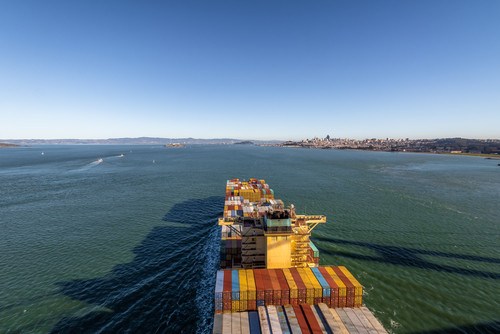The British International Freight Association (BIFA), the trade association that represents UK freight forwarding and logistics companies, has been monitoring conditions in the global container market for some time, liaising with international organisations in order to compare market conditions around the world.
BIFA has now prepared a report to help its members highlight and explain to their clients how the present difficult position has arisen; the impact the current issues are having on the container market and wider economy; why it is so difficult to ameliorate the situation in both the short and longer term; as well as the potential for the immediate future.
In regards to rates, the report warns members to expect more surcharges to be imposed by the lines, in part to cover higher charter rates, as well as additional port fees, quay rent and demurrage.
Robert Keen, BIFA Director General, comments, “BIFA has been challenging the legitimacy of arbitrary surcharges on behalf of our members – and their customers – for many years. There is a suspicion that the container shippping lines and others are cashing in on a crisis in global container shipping, created in no small part by their own actions.”
Keen went on to add, “Over the last few years, we have seen surcharges for fuel, equipment imbalances, the peak season and currency fluctuations. Just this week a global port authority has announced an energy transition fee of £5 per laden import container! The number of surcharges and fees continues to grow – often with no real explanation or justification.”
In regards to capacity, BIFA predicts little prospect of additional allocations; and expects the shortage of landside transport will remain, whilst carriers will not accommodate low yield freight.
BIFA noted there is likely to be ongoing short-term changes to schedules and routings, accompanied by service speed reductions and blank sailings.
“The fundamentals that underpin demand and supply within the container shipping market show no signs of significant changes, which leads us to conclude that there is little chance of there being any improvement in the current situation for many months or possibly even years,” concluded Keen.







